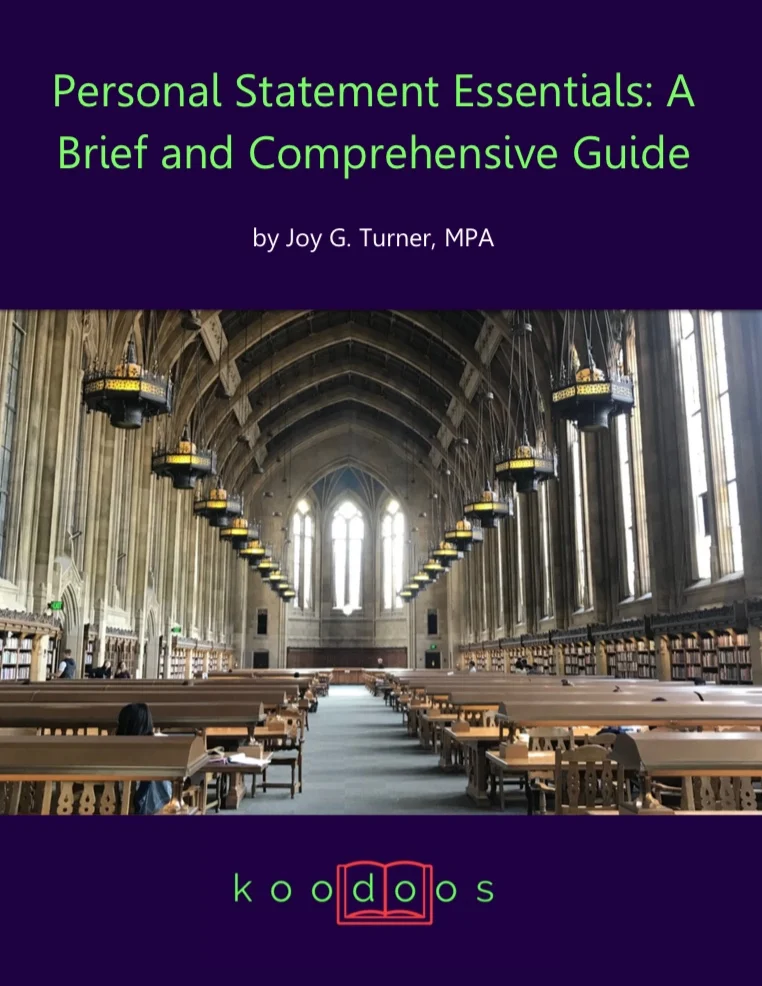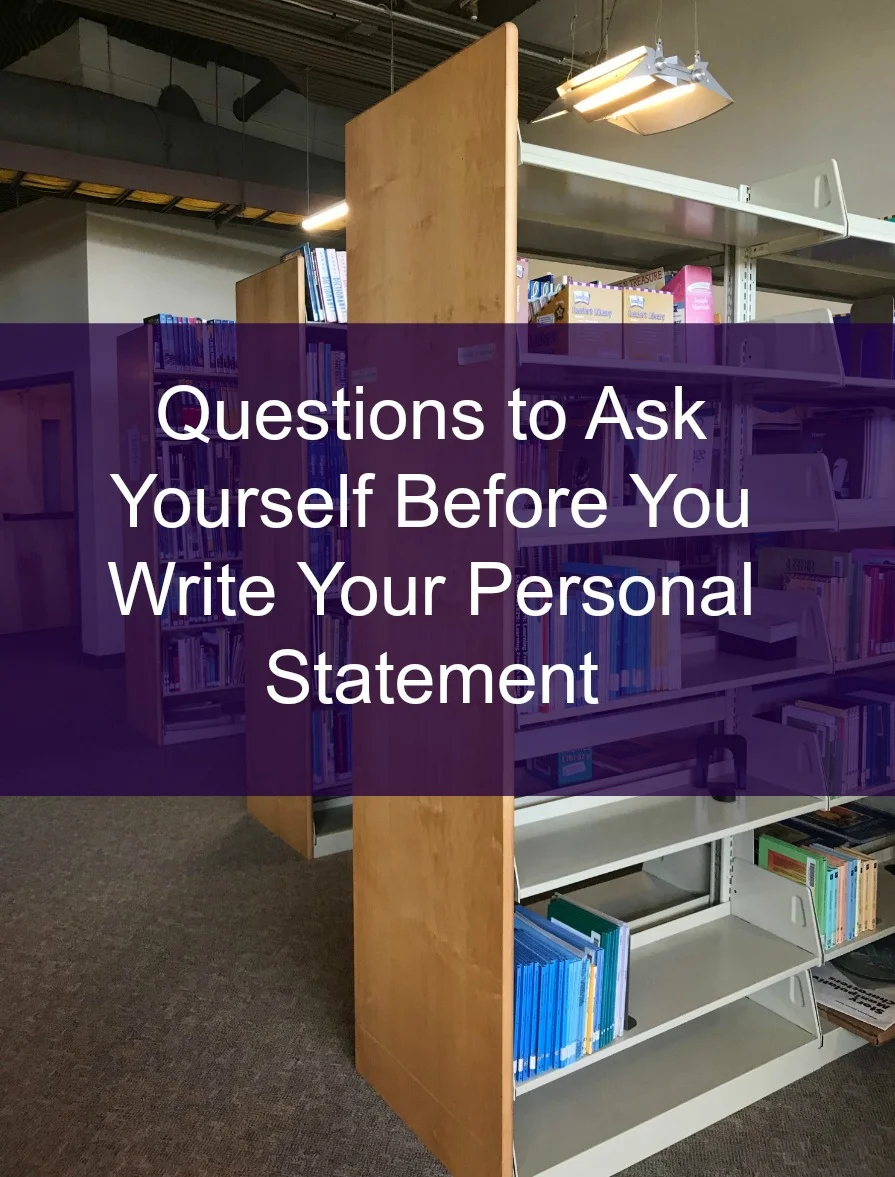For many folks, the college admissions interview is the first big interview you go through on your way to adulthood and the idea of selling yourself to the interviewer can be nervewracking. Still, for some top colleges, the admissions interview is an important part of the application process and you can’t avoid it if you’re hoping to land a spot in the incoming class.
Read MoreWell, you’ve submitted your college applications and now you’re sitting around wondering what to do while waiting for decisions to come out. Truth to be told, there’s a lot you can do after submitting your applications ranging from starting a financial aid application to sending thank you notes to your letters of recommendation writers.
Read MoreCommonApp has announced that the essay prompts for 2019-20 will remain the same as last year’s.
Common App cites feedback from counselors determined that “the existing essay prompts provide great flexibility for applicants to tell their unique stories in their own voice.”
Read MoreAs an admissions professional, I sometimes get asked the question, “For someone who is white and middle class, how can I write about how I will bring diversity to my school?” Well, let me tell you. It’s possible to do and it’s possible to do it without treating the diversity statement as a throwaway part of your application.
Read MoreAs a professional admissions coach and on-again, off-again application reader for a large university, I often get asked the question: what are colleges looking for? Meaning, what kind of traits do colleges look for in the students they admit? Well, the answer is long, but not really that complicated.
While the most popular college admissions application is the Common Application, over a 100 colleges are now using the Coalition Application, a competitor to the Common App first announced back in 2015.
Read MoreThe Common App is available for students to apply to more than 800 schools (private, public, large and small). An essential part of the Common Application is the Writing component which includes the Personal Essay section. Most, but not all of the 800 colleges that use the Common App, require the Personal Essay to be included in your application for submission. So, with all most all colleges you apply to, you can be sure a personal essay, or more commonly called the personal statement, will be a part of it.
Read MoreTone is more than how you write, it’s how you write it, and the tone of your personal statement can significantly impact your college application. Your choice of words, level of formality, and the writing style you choose to use comprises your writing tone and can reveal a significant amount about how you view yourself, your academic/career path, and your community.
Read MoreThe style you choose to use for your personal statement offers important clues about you and your character. Much like your high school English class essays, the style of your personal statement can reveal your ability to write, your attention to detail, and how you choose to communicate.
Read MoreThe statement of purpose, or what I like to call the cover letter essay because of its similar structure, is generally used for graduate school applications and focuses much more on describing the skills, experiences and education that has prepared you for the program you’re applying to than a personal statement would. Its main purpose concentrates less on telling your story and more on communicating the qualities that make you a perfect candidate. Ideally, the statement of purpose should convey your genuine interest in and enthusiasm for the program of study you’re pursuing, and what you have done in the past to nurture that passion.
Here are 4 steps for writing a statement of purpose:
Read MoreAs you apply for college programs at various point in your life, you’re personal statement should differ as a result. Admissions committees expect a personal statement for a transfer student to be much different than a college admissions essay from a incoming freshman student. With that in mind, here are some unique considerations to keep in mind when writing personal statements as an undergrad, transfer, veteran, graduate school applicant, or job seeker.
Read MoreA brief and comprehensive guide with tips focused on helping you write memorable college admissions essays and personal statements for your undergraduate and graduate school applications.
Read MoreA personal statement, also known as a statement of purpose, is a priority tool used by college admissions teams as a part of the college application process. The personal statement is particularly useful as it essentially serves as a self-manifested demonstration of your unique qualifications. The personal statement also provides a glimpse into your writing ability, creativity, and career goals. Admissions committees look to personal statements to gain insight about you and understand your motivations as they relate to school and career choices.
Read MoreThere are a number of ways you can show colleges you’re interested in attending their school ranging from email admissions reps to taking an overnight trip to visit campus. Here are five practical ways you can demonstrate interest in the college you’re applying to:
Read MoreGetting starting on your graduate school statement of purpose can be stressful and perplexing as the statement of purpose is unlike any other writing assignments you regularly complete. I would even venture to say it’s worlds apart from the personal statement you wrote for undergrad. While a personal statement should intentionally focus on the writer’s personal narrative (i.e. on who you are and how you got there), a graduate school statement of purpose, on the other hand, should emphasize the writer’s academic interests, skills, and career goals. But of course, your grad school statement shouldn’t be devoid of personality either.
Here are four questions to consider before you start writing your graduate school statement of purpose.
Read MoreI’m a Junior right now and trying to figure out what classes I want to have next year. I’m thinking about taking an extra elective next year, instead of Physics because I hate science and would rather do something, I enjoy my Senior year. How important is it for me to take Physics if I want to get into T20 schools like Cornell, Stanford, and Columbia?
Read MoreAlmost all colleges and universities consider course rigor, or course difficulty, as part of the process for assessing candidates who apply for undergraduate admissions. So, when you choose courses in high school, keep in mind that a high level of course rigor will both prepare you to succeed in college as well as position you as a competitive applicant when applying to college. Overall, applicants for admissions at top colleges should strive to complete a somewhat rigorous high school curriculum as it demonstrates to admissions staff that you are willing to put in the effort. Here’s a brief guide for what colleges consider exceptional, strong, good, marginal, and weak college prep curriculum.
Read MoreBrainstorming ideas for your college admissions essay can be the most challenging part of the process of writing a personal statement. I recommend that before you start writing you consider a few questions: what do colleges want to know about me? What makes me interesting and more qualified than my peers? How will I contribute to learning and the campus culture once admitted? And how can I answer these questions in 1000 words or less?
Each response to those questions is unique. Nonetheless, you should deliberately plan time to brainstorm ideas for the content of your personal statements. When choosing a topic, it’s important to dig deep and be vulnerable. These elements are key to telling the story you want to convey to admissions officers.
In preparing to write your college admissions essays, here are some questions collected from around the web to get you started with brainstorming topics:
Read MoreI'll be sitting in on a class at the University of Washington in a couple days and it'll be my first time ever sitting in on a class. Are there certain rules or etiquette I should follow when I'm there?
Read MoreAs a college admissions coach, I am constantly surprised by how many of the people I work with misunderstand why diversity matters in the college admissions process and how its factored in to an applicant’s “score”. During a recent coaching session, I was explaining to a client that most universities specifically consider socioeconomic factors when evaluating candidates to which his response was, “Oh, is this the affirmative action thing?” No, was my response to him, but he wasn’t exactly wrong.
Read More




















